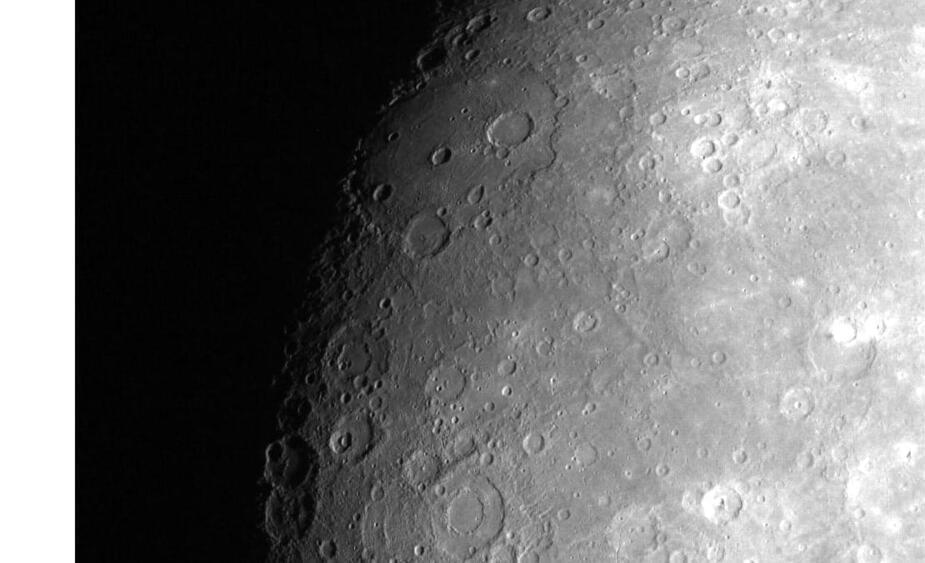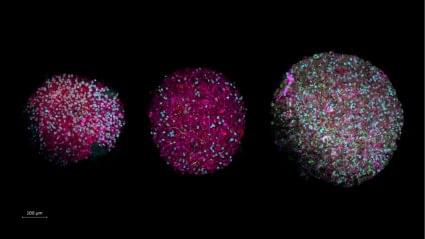The following statement is utterly ludicrous. It is also true. The world’s most important advanced technology is nearly all produced in a single facility. What’s more, that facility is located in one of the most geopolitically fraught areas on earth—an area in which many analysts believe that war is inevitable within the decade.
The future of artificial intelligence hangs in the balance.
TSMC’s chip fabrication facilities, or “fabs”—the buildings where chips are physically built—sit on the western coast of Taiwan, a mere 110 miles from mainland China.
Today, Taiwan and China are nearer to the brink of war than they have been in decades. With tensions escalating, China has begun carrying out military exercises around Taiwan of unprecedented scale and intensity. Many policymakers in Washington predict that China will invade Taiwan by 2027 or even 2025.
A China/Taiwan conflict would be devastating for many reasons. One underappreciated consequence is that it would paralyze the global AI ecosystem. Put simply, the entire field of artificial intelligence faces an astonishingly precarious single point of failure in Taiwan. Amid all the fervor around AI today, this fact is not widely enough appreciated. If you are working on or interested in AI, you need to be paying attention.









